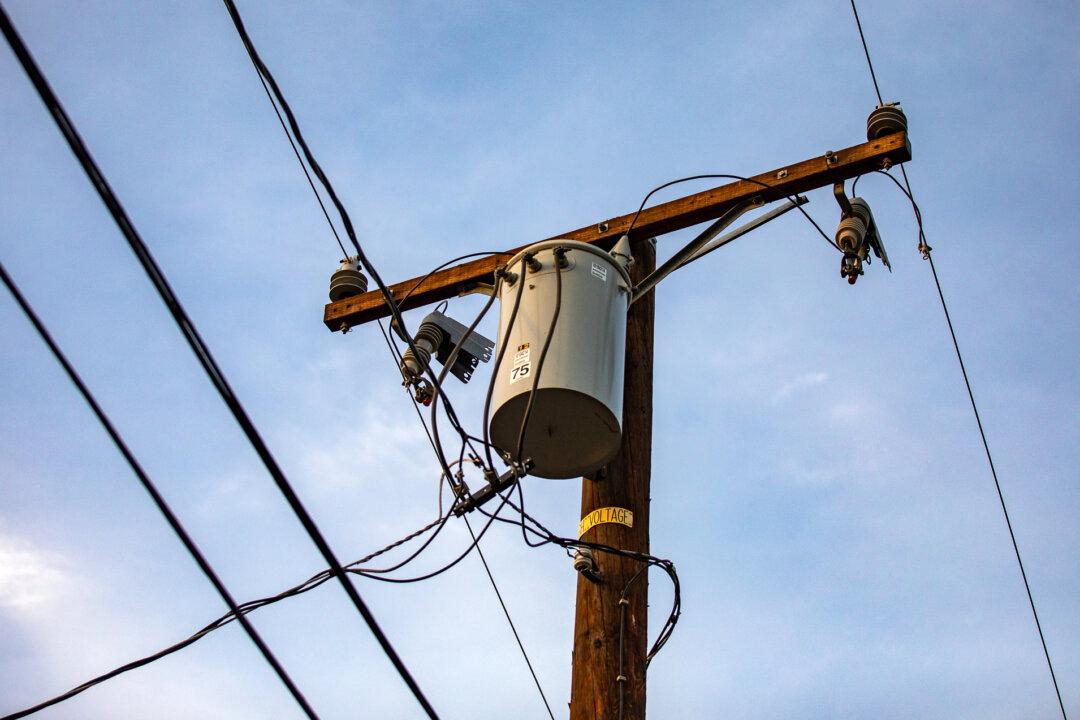The Orange County Board of Supervisors Dec. 20 voted 3–2—with Board Vice Chairman Don Wagner and Supervisor Andrew Do dissenting—to withdraw the county’s unincorporated areas from the Orange County Power Authority (OCPA), a local energy provider embroiled in controversy and accused of lacking transparency.
The agency also serves residents and businesses in the cities of Huntington Beach, Buena Park, Irvine, and Fullerton.





